SAP HCM Interview Questions And Answers
4.9 out of 5 based on 7589 votesLast updated on 29th Aug 2024 19.7K Views
- Bookmark

Prepare for SAP HCM interviews with our comprehensive guide featuring key questions and expert answers to boost your chances of success.

Introduction
If you are gearing up for an interview in the SAP HCM (Human Capital Management) field, it is important to understand both the basics and more advanced concepts. Whether you are a fresh graduate or an experienced professional, being well-prepared can make a big difference. If you are considering taking this SAP Course, it is a great way to build the knowledge you need for SAP interviews. An SAP HCM Certification can also help you stand out, proving that you have a solid grasp of SAP HCM's principles and practices. Now having a clear understanding of SAP HCM interview questions let's keep on reading.
Common SAP HCM Interview Questions
1. What is SAP HCM and What are its Key Components?
SAP HCM (Human Capital Management) is a part of SAP's ERP system designed to manage all aspects of an organization's human resources. Here are its main components:
- Organizational Management (OM): Helps manage the structure of the organization, like departments and job roles.
- Personnel Administration (PA): Handles employee data such as personal information and employment history.
- Time Management (TM): Manages employee attendance, working hours, and absences.
- Payroll (PY): Takes care of calculating and processing salaries and wages.
- Recruitment (RC): Manages the hiring process and job openings.
- Learning Solution (LSO): Handles employee training and development.
Each of these components plays a role in managing the workforce effectively. An SAP HCM Course will provide a deeper understanding of these components and how they work together.
2. What are Infotypes in SAP HCM?
Infotypes are data structures in SAP HCM that organize information about employees. Think of them as categories where specific types of data are stored. Some important infotypes include:
- Infotype 0002 (Personal Data): Contains personal details like name, address, and birth date.
- Infotype 0006 (Addresses): Manages employees' addresses.
- Infotype 0007 (Planned Working Time): Details employees' working hours and schedules.
- Infotype 0105 (Communication): Stores contact information such as phone numbers and emails.
Understanding infotypes is crucial because they help keep employee data well-organized and easy to manage. For anyone aiming for this SAP Certification, knowing how infotypes function is important.
3. What does Organizational Management (OM) do in SAP HCM?
Organizational Management (OM) is a key component of SAP HCM that focuses on the structure of the organization. It helps in:
- Creating Organizational Units: Defines different sections or departments within the company.
- Defining Positions: Outlines specific roles or jobs within those departments.
- Establishing Jobs: Describes the general duties and responsibilities for different roles.
OM ensures that the organizational structure is well-defined, making it easier to manage and plan resources. Mastery of OM is essential for an SAP HCM Certification and understanding it can significantly improve your interview performance.
4. How do Time Management (TM) and Payroll Work Together in SAP HCM?
Time Management (TM) and Payroll are closely related in SAP HCM. TM tracks and manages employee time, such as hours worked and absences. This data is crucial for Payroll, which calculates salaries based on the time data collected. Here’s how they connect:
- Absence Types: TM records different kinds of absences, like vacation or sick leave, which affect payroll calculations.
- Work Schedules: TM keeps track of working hours and shifts, impacting how salaries are calculated.
- Time Evaluation: TM processes the time data to ensure accurate payments based on worked hours and absences.
The integration between TM and Payroll is essential for accurate payroll processing and ensures that employees are paid correctly based on their actual working time.
5. Why is the Personnel Administration (PA) Module Important?
The Personnel Administration (PA) module is critical because it manages all employee-related information. Here’s why PA is important:
- Data Management: PA handles and updates personal data, employment history, and compensation details.
- Compliance: Ensures that all employee data is accurate and meets legal requirements.
- Reporting: Provides reports related to employee information, which helps in making HR decisions and planning.
Understanding how PA works is essential for managing employee data effectively and is a core part of any SAP HCM.
Other Related Posts:
SAP S4 Hana Interview Questions
6. How does the Recruitment (RC) Module Assist in Hiring?
The Recruitment (RC) module helps streamline the hiring process from start to finish. It includes:
- Job Requisitions: Allows creation and management of job openings.
- Applicant Tracking: Keeps track of job applications and candidates.
- Interview Management: Organizes and schedules interviews with candidates.
- Offer Management: Manages job offers and contract negotiations.
By using the RC module, organizations can efficiently handle the entire recruitment process, making it easier to find and hire the best candidates.
7. What is Time Evaluation in Time Management (TM)?
Time evaluation is a process in the Time Management (TM) module that converts raw time data into useful information for payroll. Here’s a simplified view of the process:
- Collecting Time Data: Gathers records of employee attendance and absences.
- Applying Time Evaluation Schema: Uses predefined rules to process the collected time data.
- Analyzing Results: Review the results to ensure accurate calculations of worked hours and absences.
Time evaluation is crucial for ensuring that employees are paid accurately based on their recorded time.
Table: Key SAP HCM Modules Overview
| Module | Main Focus | Key Features |
Organizational Management (OM) | Organizational structure | Organizational units, positions, jobs |
Personnel Administration (PA) | Employee data management | Personal data, addresses, working time |
Time Management (TM) | Attendance and working hours | Absence types, work schedules, time evaluation |
Payroll (PY) | Salary and wage calculations | Payroll processing, deductions, payments |
Recruitment (RC) | Hiring Process | Job requisitions, applicant tracking, interviews |
Learning Solution (LSO) | Training and development | Training programs, employee development |
Common Challenges and Tips for SAP HCM Interviews
- Understanding Integration: Be ready to explain how different SAP HCM modules, like OM, PA, and TM, work together. This shows a comprehensive understanding of the system.
- Real-World Scenarios: Be prepared for questions that involve solving real-world HR issues or configuring the system. Practice explaining how you would handle these situations.
- Technical Knowledge: While understanding functional aspects is key, having some basic technical knowledge about system configurations can be helpful.
Conclusion
Now since you have a clear understanding of SAP HCM interview questions, it is easy for you to know its importance for Human Resources. Knowing SAP HCM well is essential for anyone aiming to work in human resources and enterprise management. An SAP HCM Course provides the necessary foundation, while an SAP HCM Certification adds credibility to your skills and knowledge. By understanding the key components, and SAP modules, and how they integrate, you can prepare effectively for interviews. Utilizing SAP HCM resources and gaining practical experience will help you confidently answer interview questions and advance your career in SAP HCM.
Subscribe For Free Demo
Free Demo for Corporate & Online Trainings.




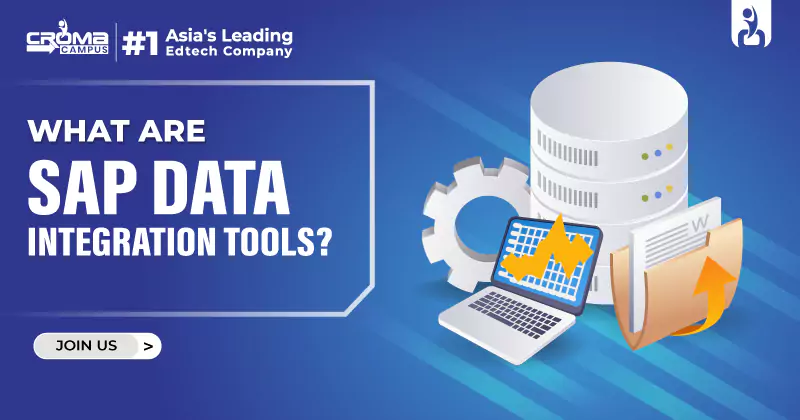
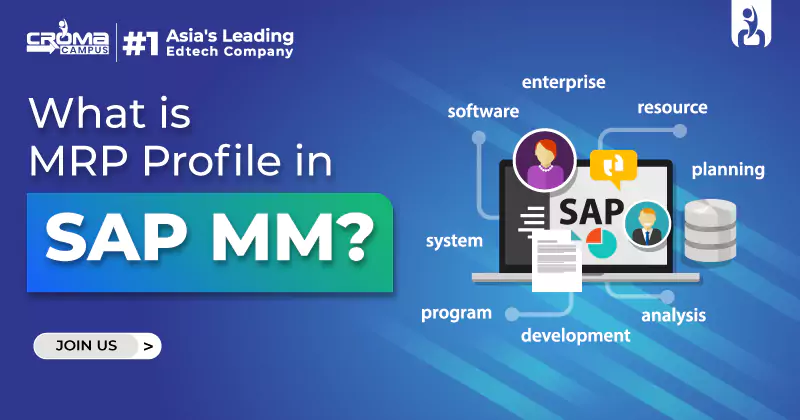
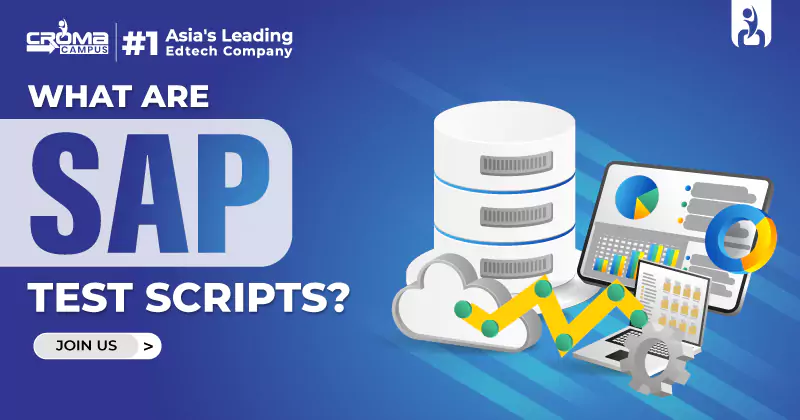
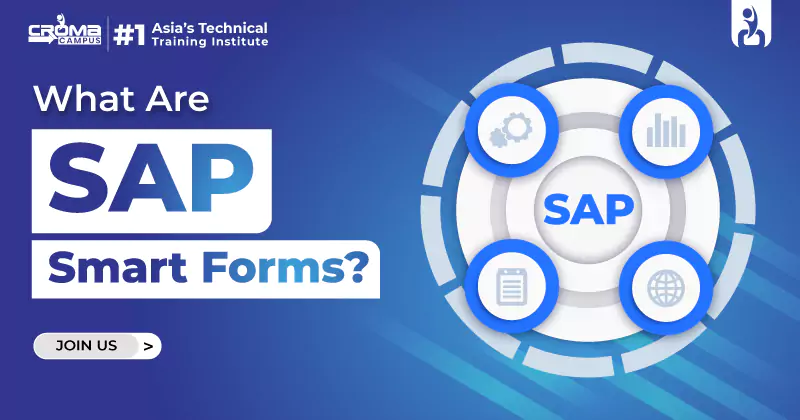


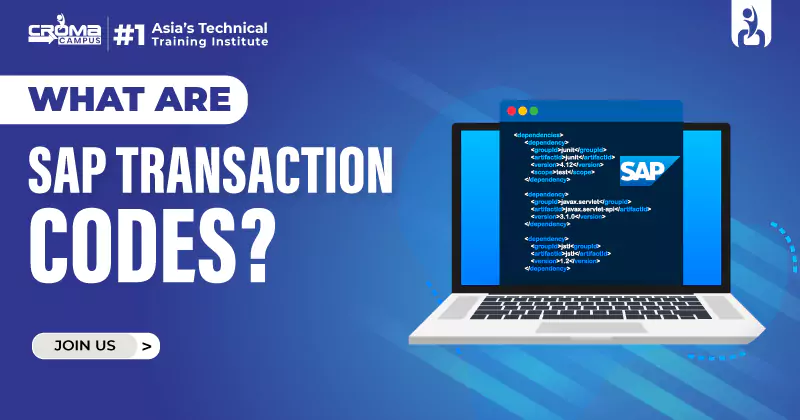














.webp)

.png)















